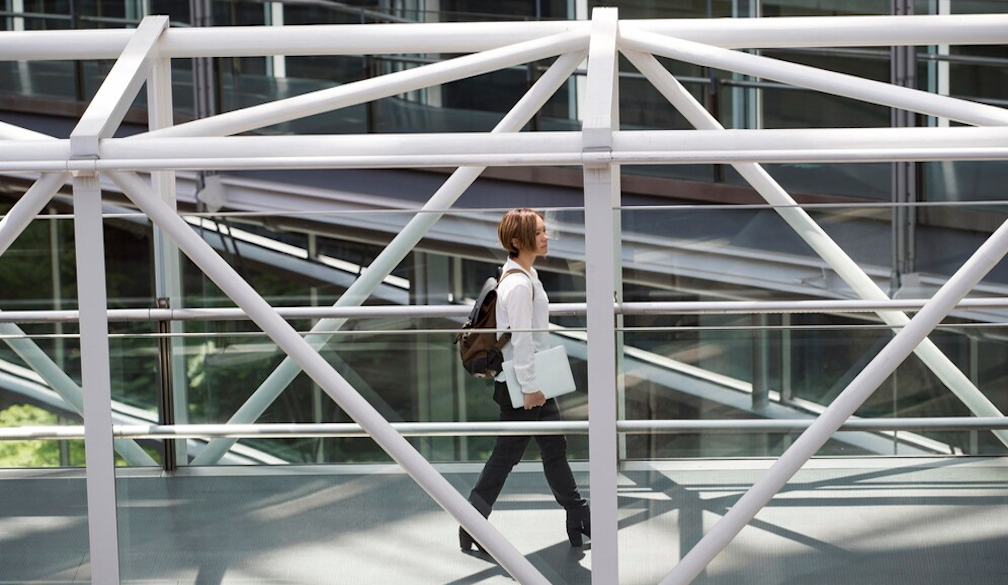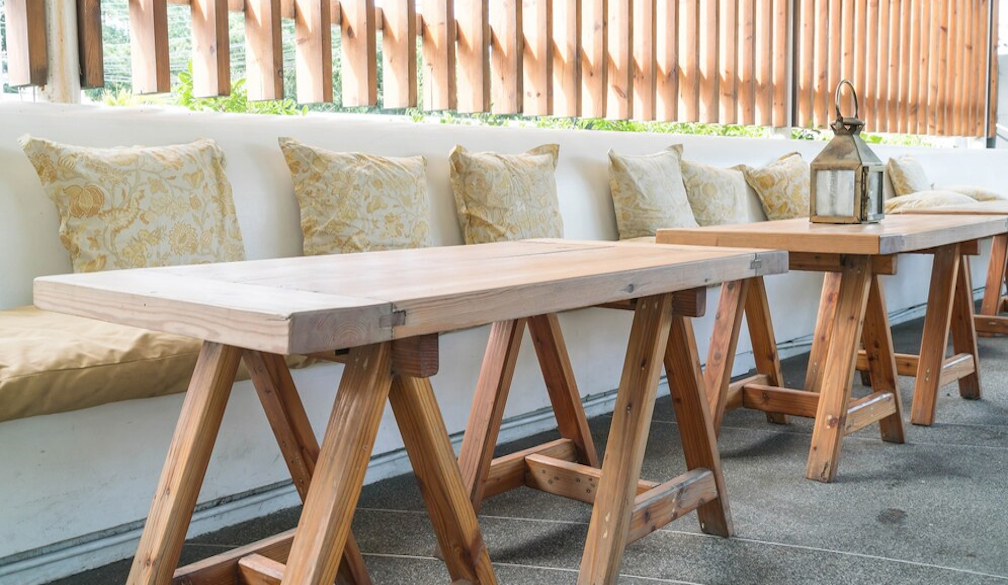Steel Framing: A Modern Solution for Construction

In the realm of construction, innovation is key to efficiency, durability, and sustainability. One such innovation that has revolutionised the construction industry is steel framing. Steel framing offers a modern alternative to traditional timber framing, providing numerous advantages in terms of strength, durability, and environmental impact. In this article, we delve into the world of steel framing, exploring its benefits and applications, with a focus on its presence in Melbourne, Australia.
Understanding Steel Framing
Steel framing involves the use of steel members, typically made from galvanised steel, to create the structural framework of buildings. This framework consists of vertical studs, horizontal beams, and various connectors, forming a sturdy skeleton upon which the rest of the building is constructed. Unlike timber framing, which is susceptible to rot, pests, and warping, steel framing offers unparalleled durability and longevity.
Advantages of Steel Framing
- Strength and Durability: Steel is inherently stronger than timber, allowing for greater structural integrity and resilience against environmental factors such as wind, earthquakes, and fire. Buildings constructed with steel framing are better equipped to withstand the test of time.
- Precision and Consistency: Steel framing components are manufactured with precision, ensuring consistency in dimensions and quality. This level of accuracy facilitates faster and more efficient construction processes, reducing errors and waste on-site.
- Non-Combustible: Unlike timber, steel is non-combustible, making it a safer choice for construction in areas prone to wildfires or fire hazards. This characteristic enhances the fire resistance of buildings, thereby improving overall safety.
- Sustainability: Steel framing is highly sustainable, as it is often made from recycled materials and is fully recyclable at the end of its lifespan. By choosing steel framing, builders contribute to the reduction of carbon emissions and environmental impact associated with traditional construction materials.
Steel Framing in Melbourne
In Melbourne, a city known for its vibrant architecture and dynamic urban landscape, steel framing in Melbourne has gained significant traction in recent years. The burgeoning construction industry in Melbourne has embraced steel framing for its myriad benefits and suitability to the local environment.
- High-Rise Construction: Melbourne's skyline is dotted with high-rise buildings that showcase the city's modernity and progress. Steel framing plays a crucial role in the construction of these towering structures, providing the necessary strength and stability to support multiple floors and withstand external forces.
- Residential Housing: From sleek urban apartments to suburban townhouses, steel framing has become increasingly popular in residential construction across Melbourne. Homeowners appreciate the durability, safety, and design flexibility offered by steel framing, ensuring their properties stand the test of time.
- Commercial Developments: Melbourne's commercial sector thrives on innovation and efficiency. Steel framing enables the rapid construction of commercial buildings, allowing developers to meet tight deadlines and deliver high-quality spaces for businesses to thrive.
Conclusion
Steel framing represents a paradigm shift in the construction industry, offering a modern solution that combines strength, durability, and sustainability. In Melbourne, Australia, steel framing has emerged as a cornerstone of contemporary construction practices, shaping the city's skyline and architectural landscape. As the demand for efficient and resilient buildings continues to rise, steel framing stands poised to lead the way towards a brighter, more sustainable future in construction.





